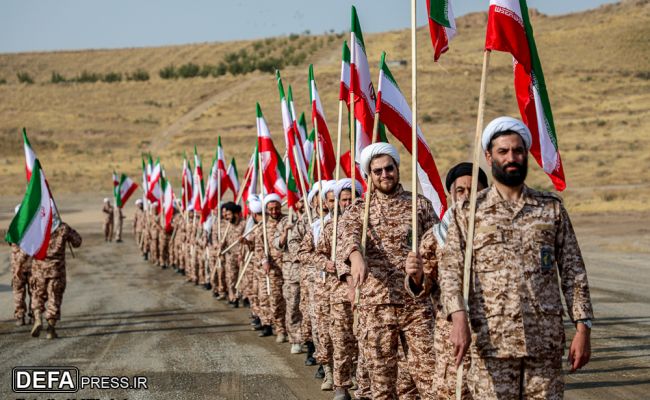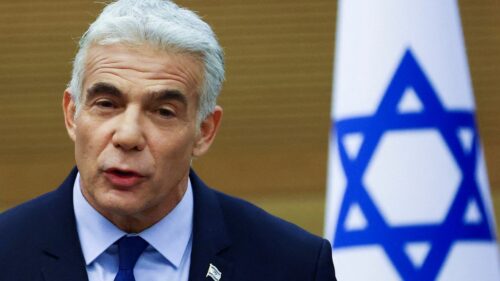
EADaily: One of the upcoming ‘battles’ in the region involving Iran and Turkey will be around the ‘Zangezur corridor’
The situation in Syria stabilized after a sharp escalation in this Arab country in late November and early December last year. However, the Middle East today remains at high risk of large-scale escalation. The main driving force behind the anticipated new escalation in the near future is the acute conflict between Israel and Iran along the so-called Axis of Resistance, EADaily reports.
As noted, Turkey emerged victorious from the collapse of the status quo in Syria in December and has become the main guardian of the new authorities in the Arab Republic. Ankara’s “little brother” in the South Caucasus is also Israel’s traditional close military and economic partner, being another beneficiary of the geopolitical shifts occurring in the Middle East. Consequently, Azerbaijan’s positions have been significantly strengthened, which is evident amid the ongoing bellicose statements from the country’s leadership toward neighboring Armenia. On the contrary, there is a clear understanding that its closest partner, Iran, is clearly not in the best geopolitical position at this moment.
At the same time, there is also cautious optimism in expert opinions. It is presumed that, having suffered losses in the Middle East, the Shia force will now respond more harshly to the encroachments of other external actors in the region against its interests in the South Caucasus. Accordingly, it is expected to support Armenia more decisively, preventing its critical weakening.
According to experts, one of the upcoming “battles” in the region involving the two republics of the South Caucasus—Iran and Turkey—will be around the “Zangezur corridor”, which represents the land connection between Azerbaijan and Nakhijevan through Armenian territory. Long before its failures along the Axis of Resistance, Tehran outlined its “red line” on this issue, providing Yerevan with certain guarantees that it would never allow the loss of its common border with Armenia.
In any case, Iranian President Masoud Pezeshkian, once again stated at a meeting with Hikmet Hajiyev, Ilham Aliyev’s advisor on foreign policy, that Iran’s “red lines” have not changed and that the preservation of territorial integrity is important.
“Perhaps that is true. However, Iran has previously outlined its ‘red lines’ many times regarding Palestine, Lebanon, and Syria. What is the effectiveness of such statements if they are not backed by decisive actions to deter and sober up potential violators of the ‘red lines,’ and most importantly for Armenia itself?” the website writes.


